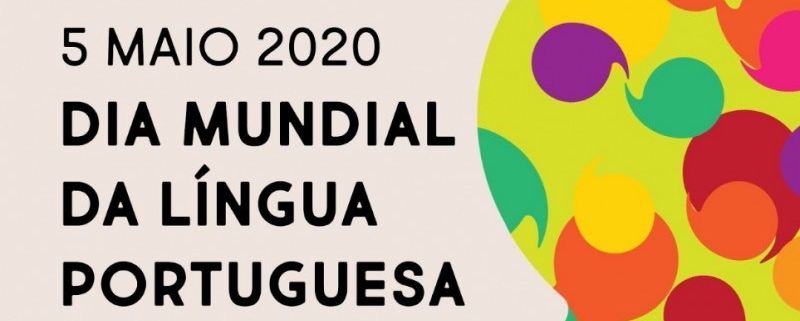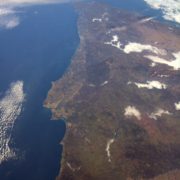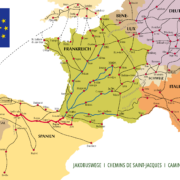Language
‘We can say anything, language has no limits’ – Georg Steiner.

Saudade is a unique word in Portuguese that has no direct translation in English. It means something like a melancholic or nostalgic desire for a person, place or event far away, either in space or time.
Esperto is another example. On the ball, brainy, smart, canny, with-it and intuitive, all help to approximate its meaning. In Brazil, the word can also mean someone who traps or fools others into trouble.

The Portuguese language exists more than 800 years and is spoken by over 260 million people (3,7% of the world population). It is – after Mandarin/Chinese, English, Spanish, Hindustani and Arabic – the sixth most used language in the world.

Official vernacular in the nine CPLP (Portuguese Language Speaking Community) countries – Angola, Brazil, Cape Verde, Guinea Bissau, Equatorial Guinea, Mozambique, Portugal, Sao Tome & Principe and East Timor, in use on virtually every continent and predicted to be spoken by over 380 million people in 2050.

Its expansion is closely linked to the history of the Portuguese Discoveries in the 15th century and still today echoes of Portuguese can be heard in the streets of Goa (India), Malacca (Malaysia) and Macau (China).
Although it was Portugal that expanded the language in the past, nowadays Portuguese-speaking countries like Brazil, Angola and Mozambique are mostly responsible for the growing interest in the Portuguese language.

Originating from Latin – from which it evolved into Galician-Portuguese – the language that would become Portuguese, began to be spoken in the Northwest of the Iberian Peninsula around the 6th century. It was expanded to the South with the Christian reconquest, at the same time influenced by Arabic from which many words derive, such as almofada (pillow), aldeia (village), alface (lettuce), alfândaga (customs) and açafrão (saffron).

The testament of King Afonso II – dated June 17, 1214 – is considered as one of the oldest written documents in Portuguese. It marks the beginning of the period of ancient Portuguese that would last until the publication in 1572 of the first book in modern Portuguese, The Lusiads, Portugal’s national epic by Luis Camões.
The United Nations Educational, Scientific and Cultural Organisation (UNESCO) declared in November last year the 5th of May as ‘World Portuguese Language Day’. Unfortunately, the opening celebration could only take place online as a result of the coronavirus pandemic.
Stay healthy Fique saudável (pic Público/Sapo)









